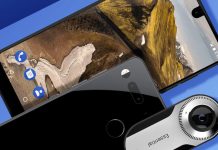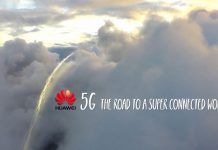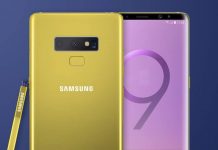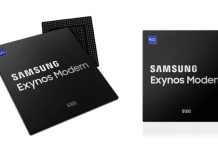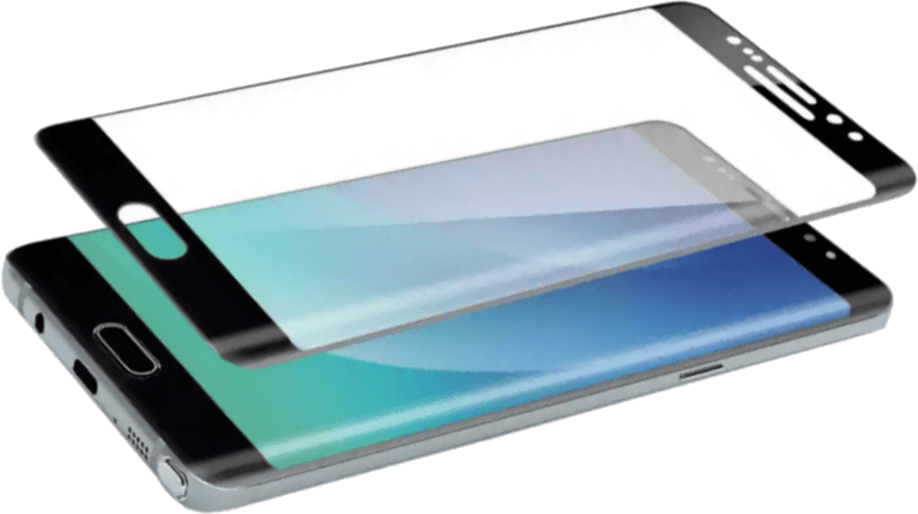Currently, operators worldwide are sharpening their teeth on a LTE-Advanced, but progress also fitting to next generation networks, namely 5G. With each new generation of mobile network observe a significant increase in data transmission speed and decrease latency. Comparison currently available in our country technology (2G, 3G and 4G) shows that the difference is felt.
Frankly, it is analyzing the reports on the technology 5G which reach us from different parts of the world, I come to the conclusion that one really does not have the idea to use the new generation of mobile Internet. We only know that it will be faster. New 5G networks will allow for the implementation of the services that we do not even dreamed of. Of course, this service will be implemented in the so-called cloud. It means that the data processing will occupy only servers and our phones will receive only the final result. For an example, the application called Prisma, which makes advanced graphics processing of our photos, operates in this way.
T-Mobile boasts data transmission up of 12 Gbps using laboratory network 5G.
Yes, there is no missing comma. In a few years, your phones will be able to transfer data at higher speeds than current computers do via “the cable”. What is it whom? Technical Director of T-Mobile US (Neville Ray) explains in a press release. The 12 Gbps result has been achieved in the 8×8 MIMO mode (i.e., transmission consists of 8 data streams each of the 1.5 Gbps), which allows simultaneous transmit up to four streams of 4K videos. Thus, a single device took away the data from the 2 streams with a total rate of 3 Gbps. This was done with a delay less than 2 milliseconds!
T-Mobile wants to offer its customers the 5G technology in 2020.
What will it offer? First of all, the capacity of mobile networks will increase significantly, so more and more people will be able at the same time use the mobile Internet. I suspect that by the year 2020, we forget about the limits of data, like today do not remember pulses for modem connections. We will see more of the services running on the basis of techniques AR (Augmented Reality) and VR (Virtual Reality). With virtually no delays in data transmission we should also expect the appearance of foreign language translators working in real time. T-Mobile also thinks about the interaction with IoT (Internet of Things) devices, so we should expect advanced telemetry systems. Below you can see a short video showing the year 2020 by T-Mobile. While the development of mobile networks and data transmission techniques is promising, then I wonder if electronics manufacturers keep pace.


